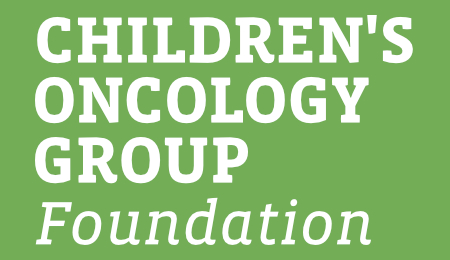Informed Consent
After your child is diagnosed with cancer, you child's doctor will begin making arrangements to treat him or her. At the start of treatment you will have a conference with your child's doctor and members of the health care team. They will explain what they know about your child’s diagnosis and the treatments they think will be most effective. They will try to provide all the information you need to understand the treatment choices for your child. Explaining this information will take some time so be prepared that this conference may be long – typically an hour or longer.
The doctor's job is to:
- Give you information about the best treatment available for your child’s type of cancer
- Explain common side effects and risks, and how successful this treatment usually is
- Explain how much time your child is expected to be in the hospital and what special care your child may need at home
- Explain the research study, if one is offered, when the treatments are given and what kinds of measures of progress are planned
- Explain the difference between the usual or standard treatment for your child’s type of cancer and the treatment offered in the research study (also called a clinical trial).
With all of this information, you will be asked to make a decision about allowing your child to receive a particular treatment, which may also involve participating in a research study (clinical trial). This is called giving consent or giving parental permission. You may hear the conference with your doctor called a consent conference because the purpose is to inform you so that you can give "informed consent" to treatment for your child.
The medical team understands that the information they share can be complex and difficult to take in at one time. They also understand that it may be more difficult than usual, given how emotional the last few days, weeks, or hours have been for you and your family. Feel free to ask as many questions as you need. Your medical team will make every effort to provide understandable information. If there is something you do not understand, ask them to explain it in non-medical terms – this is their job and they want you to be well informed about any decision you make regarding the care of your child.
In fact, the most important thing you can do is to ask questions. Families who speak up and ask questions learn the most about their child’s cancer and treatment. Do not hesitate to ask questions, even ones you may feel are silly or unimportant. All of your questions are important.
This won't be your only opportunity to ask questions, but it is especially important during the consent conference for the doctors and the rest of the team to answer any questions you have. Don't worry if you forget to ask something. Learning about treatment is a process that takes time. You can ask questions at any time during treatment and after treatment is completed. The entire health care team expects that questions will be asked and re-asked.








